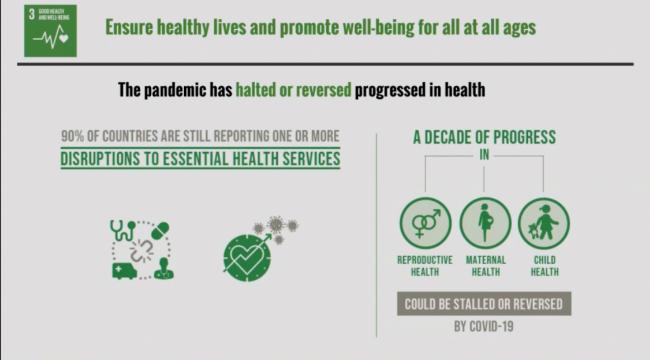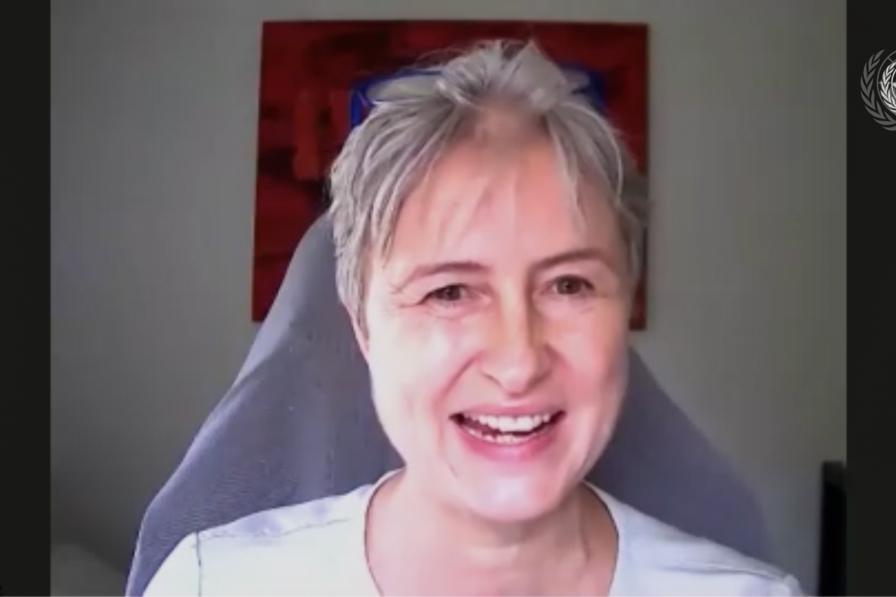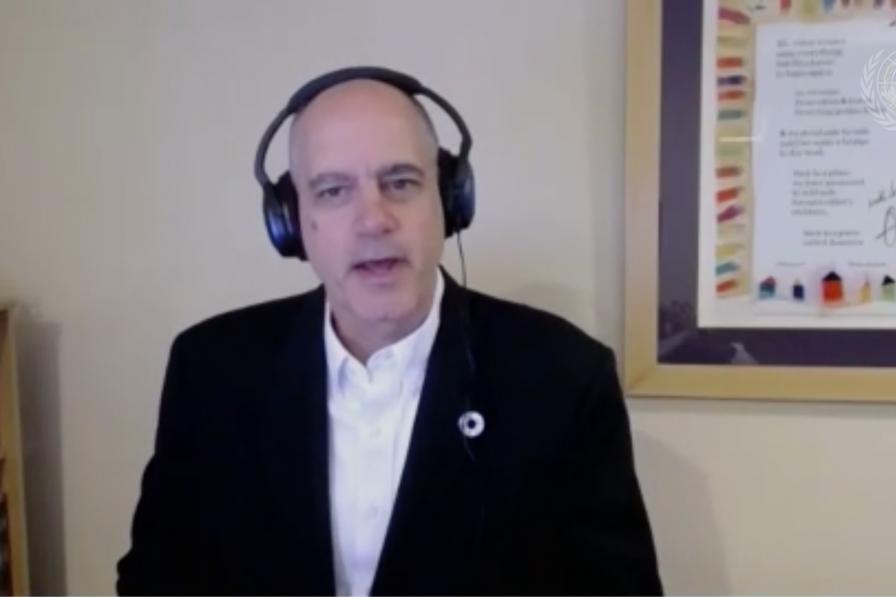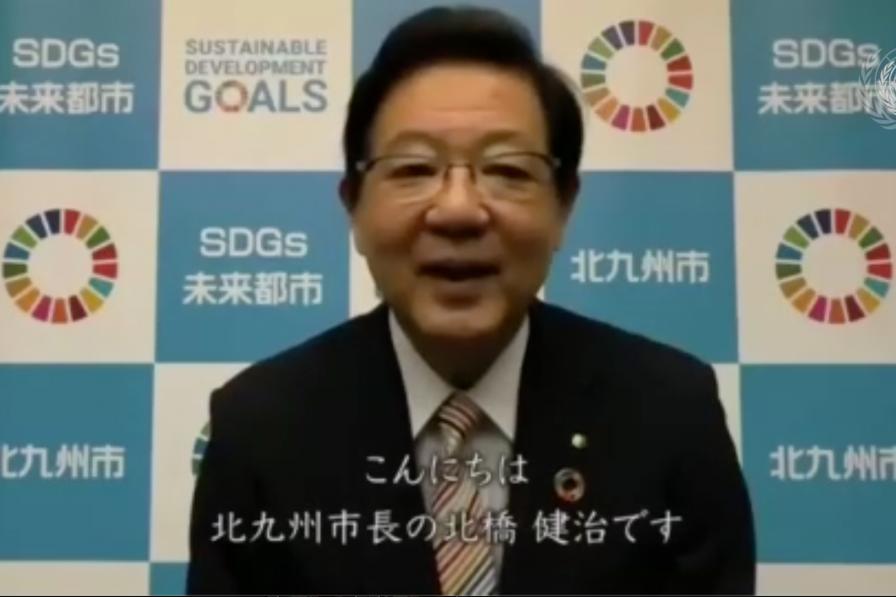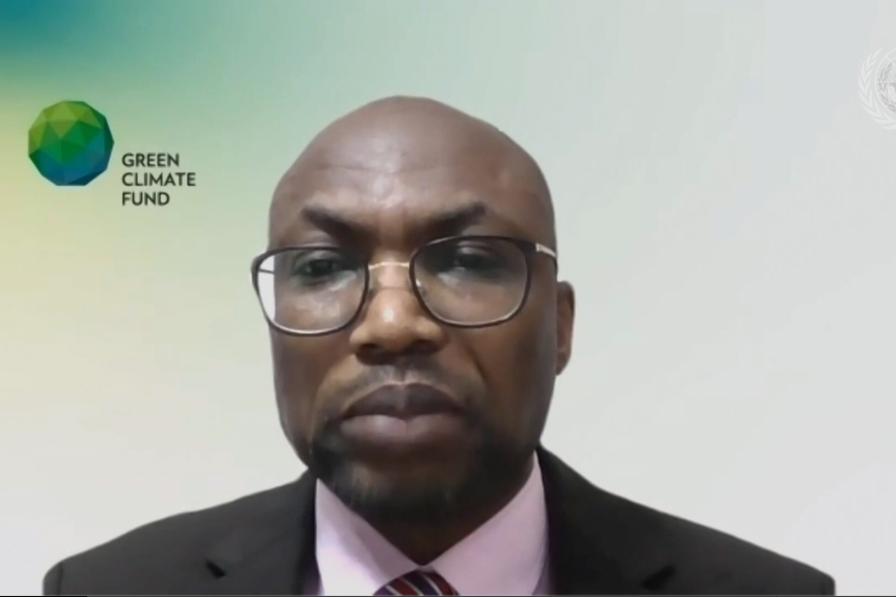There have been over 186 million confirmed cases of COVID-19 and over 4 million deaths globally to date, as reported by the World Health Organization (WHO). Less than a quarter of the world’s population, and only 1% of people in low-income countries, have received at least one dose of a COVID-19 vaccine.
The third day of the 2021 High-level Political Forum on Sustainable Development (HLPF), opened with a review of the negative impact of COVID-19 on the implementation of Sustainable Development Goals (SDGs) 3 (good health and well-being), 10 (reduced inequalities), 16 (peace, justice, and strong institutions), and 17 (partnerships).
Jan Beagle, Director-General, International Development Law Organization (IDLO), moderated the session. She noted that even before the pandemic, we were not on track to achieve the 2030 Agenda, but we must realize that effectively responding to COVID-19 will advance work on the SDGs, which are ultimately one agenda.
Gabriela Bucher, Executive Director, Oxfam International, emphasized the pharmaceutical monopoly that is pronounced with COVID-19 vaccines and urged for freedom from such monopoly controls and universal healthcare.
Others robustly demonstrated the interlinkages across the entirety of the 2030 Agenda. The session drew out the common argument for more integrated and people-centric approaches, universal health coverage, and a new social contract that will strengthen the rule of law.
The second session, moderated by Tony Pipa, Senior Fellow, Brookings Institution, examined the important role of local authorities in SDG implementation.
Many participants, including mayors and other local authorities, noted the value of Voluntary Local Reviews (VLRs) in translating concrete actions and solutions from people in their communities. Jan Vapaavuori, Mayor of Helsinki, said two-thirds of the SDGs can only be achieved if implemented at the local level, while Noraini Roslan, Mayor of Subang Jaya, Malaysia, called on the UN to provide knowledge-sharing platforms to help cities with implementation.
Penny Abeywardena, New York City Commissioner for International Affairs, announced that the VLR Declaration now has 215 global signatories committed to the SDGs and the 2030 Agenda.
In the afternoon, the focus shifted to restoring progress in implementing the SDGs in African countries, Least Developed Countries (LDCs), and Landlocked Developing Countries (LLDCs), where many countries were not on track to achieve the SDGs even before the COVID-19 pandemic.
Armida Salsiah Alisjahbana, Executive Secretary, UN Economic Commission for Asia and the Pacific (UNESCAP), on behalf of the five UN regional commissions, said COVID-19 calls for: scaling up recovery programmes to put people and planet first; boosting export diversification and harnessing new and emerging technologies; and the international community to complement national COVID-19 recovery efforts.
In discussing what LDCs, LLDCs, and African countries need to achieve the SDGs, panelists and others highlighted strengthening health and emergency systems, ensuring access to energy and electricity, a more knowledge-intensive and industrialized economy, more comprehensive debt relief, transparent and accountable governance, and South-South and triangular cooperation.
See the daily Earth Negotiations Bulletin for complete coverage.
To receive continuing coverage of this event delivered to your inbox, subscribe to the ENB Update newsletter.
Images from the Meeting
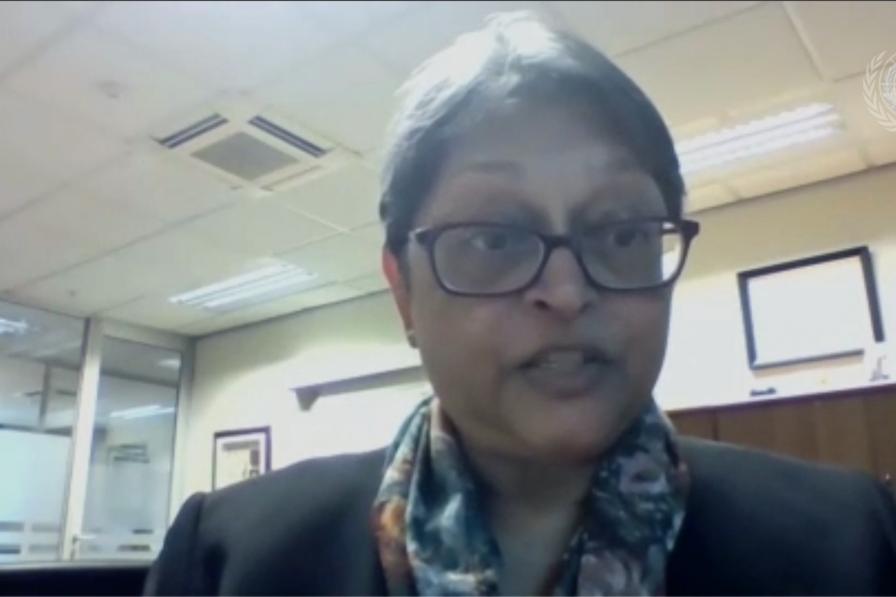
Quarraisha Abdool Karim, Associate Scientific Director, Centre for the AIDS Programme of Research, and Professor of Clinical Epidemiology, Columbia University
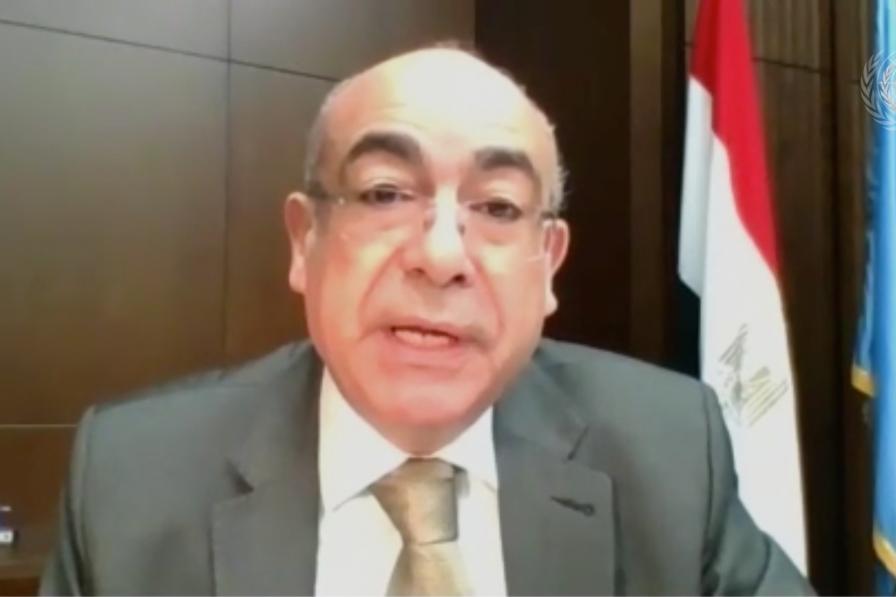
Mohamed Fathi Ahmed Edrees, Chair of Peace Building Commission, Permanent Representative of Egypt to the UN

Sheila Oparaocha, Executive Director, ENERGIA International Network on Gender and Sustainable Energy

Bjorn Arild Gram, President, Norwegian Association of Local and Regional Authorities, and Nikolai Astrup, Minister of Local Government and Modernisation, Norway
